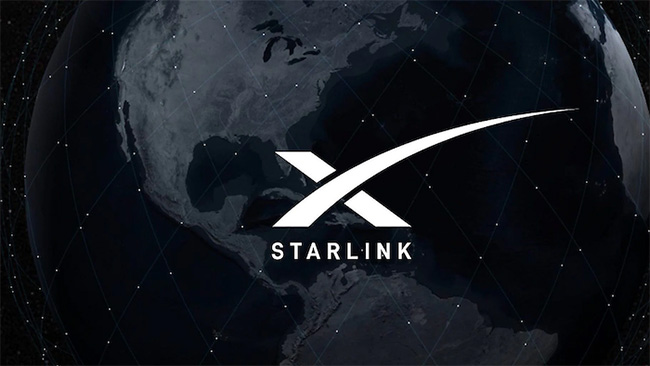A version of this article first appeared in CNBC’s Inside Wealth newsletter with Robert Frank, a weekly guide to the high-net-worth investor and consumer. Sign up to receive future editions, straight to your inbox. Private credit has exploded in popularity among investors, with the market soaring from $1 trillion in 2020 to $1.5 trillion at the beginning of 2024, according to alternative data provider Preqin . The firm expects this figure to reach $2.6 trillion by 2029. But private credit investing comes with a serious catch. The returns from direct lending are taxed as ordinary income, which has a top federal tax rate of 40.8%, rather than long-term capital gains, for which rates top 23.8%. This can cost investors millions in returns. For instance, a $5 million investment in private credit could incur $4.3 million in tax drag over 10 years and $61 million over 30 years, according to Bernstein Private Wealth Management. There are several ways for investors to mitigate their tax liability. The most straightforward is investing through a Roth IRA, but these tax-advantaged accounts are off-limits to high earners . Instead, high-net-worth investors are increasingly turning to insurance to save on taxes. Instead of investing directly in a private credit fund, they take out insurance policies that invest the premiums in a diversified portfolio of funds. “You’re getting taxed on the insurance product, rather than being taxed on the underlying private credit investment,” said Yasho Lahiri, funds lawyer and partner at Kramer Levin. These insurance dedicated funds (IDFs) have multiplied rapidly, according to Lahiri. (The exact number is unclear as many of these funds are unregistered.) IDFs have to be diversified to meet IRS requirements , which can mean weaker returns than picking one top-performing funds, according to Robert Dietz, national director of tax at Bernstein. However, these funds have other benefits, such as offering better liquidity than private credit funds typically do. There are two primary options for investing in an IDF. The cheapest route is taking out a private placement variable annuity (PPVA) contract with an insurance carrier. Dietz told CNBC that these annuity policies can make sense for clients with investible assets in the range of $5 million to $10 million. However, the income taxes associated with that holding are only deferred until the policy owner takes a withdrawal or surrenders the contract. “At some point someone’s going to have to get hit with that deferred income tax liability,” Dietz said. “That might be the individual who is purchasing the annuity if they decide to take a distribution out in the future, or it could be their beneficiaries when their beneficiaries inherit the annuity.” The most tax-efficient option is taking out a private placement life insurance (PPLI) policy. Structured correctly, the policy owner’s death benefit is untaxed when it is paid to beneficiaries. Some clients are turned off by the multimillion-dollar upfront premium and cumbersome underwriting of PPLI policies, but it can be worth it. Dietz said the vehicles can be a good fit for clients with at least $10 million in investible assets. “If my policy is not structured carefully, my insurance costs can get very expensive, and that can start to eat away at the benefit I’m getting from that cash value accumulating in the policy,” he said. Since PPLI and PPVAs are unregistered financial products, you must be an accredited investor or qualified purchaser to access them. Accredited investors must earn at least $200,000 annually or have a net worth of more than $1 million, not including a personal residence. For qualified purchasers, the investible asset minimum jumps to $5 million. However, these thresholds have not kept up with inflation or stock market growth, making IDFs more accessible, according to Lahiri. A powerful tax avoidance tool, PPLI can be used without IDFs and utilized to pass down a wide array of assets, including entire businesses, tax-free. It has caught the attention of Congress, with an investigation by the Senate Committee on Finance describing the PPLI industry as “at least a $40 billion tax shelter used exclusively by only a few thousand wealthy Americans.” Sen. Ron Wyden, D-Ore., then chair of the committee, drafted a proposal in December to curb the tax advantages of PPLI, however that bill is unlikely to pass with a Republican-controlled Congress. The talk of potential legislation only briefly put clients off PPLI last year, according to Dietz. Client demand for private credit and tax-efficient ways to get a piece of the action is only increasing. “Family offices and ultra-high-net-worth clients are looking for ways to maximize after-tax returns, and the low-hanging fruit – the long-only equity portfolios and tax-loss harvesting – has already been implemented,” he said. “We’re definitely having more conversations with clients around this.”
Simpleimages | Moment | Getty Images
A version of this article first appeared in CNBC’s Inside Wealth newsletter with Robert Frank, a weekly guide to the high-net-worth investor and consumer. Sign up to receive future editions, straight to your inbox.
Private credit has exploded in popularity among investors, with the market soaring from $1 trillion in 2020 to $1.5 trillion at the beginning of 2024, according to alternative data provider Preqin. The firm expects this figure to reach $2.6 trillion by 2029.
But private credit investing comes with a serious catch. The returns from direct lending are taxed as ordinary income, which has a top federal tax rate of 40.8%, rather than long-term capital gains, for which rates top 23.8%.













